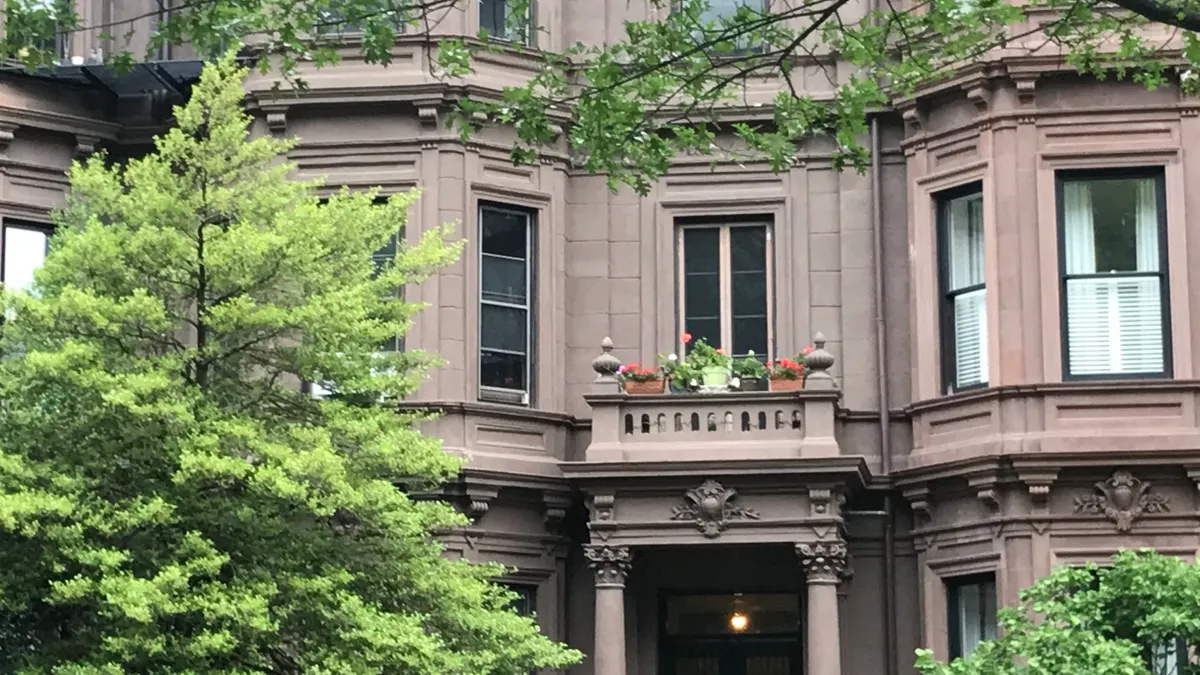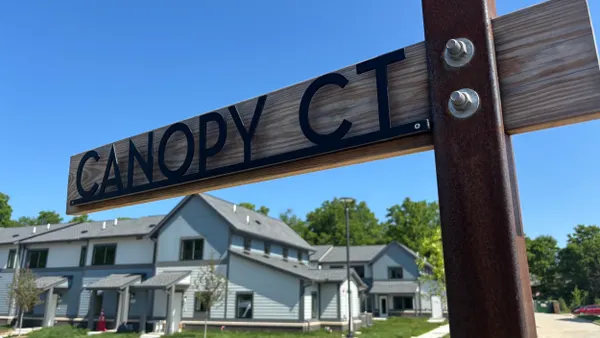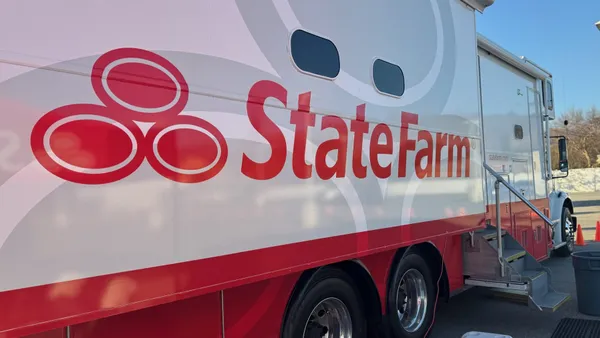Dive Brief:
- A Boston program is offering first-time homebuyers down payment assistance for co-purchasing arrangements in which multiple families purchase a two- or three-family home under a single mortgage.
- The Co-Purchasing Housing Pilot Program, which launched in March, offers as much as $50,000 in zero-percent interest-deferred loans to cover down payments or closing costs to eligible families of two earning roughly $176,000 in combined yearly income.
- The program allows families who have been priced out of Boston’s expensive housing market to “come together and combine the assistance and any other down payment resources that they saved to get into a multifamily property,” said Paige Roosa, director of Boston’s Mayor’s Housing Innovation Lab.
Dive Insight:
The cost of buying a home in Boston is out of reach for many middle-income earners. According to Boston’s Housing Innovation Lab, the price of a market-rate two-bedroom condo in the city in 2024 reached $790,000.
Boston, like many cities and states throughout the U.S., has a first-time homebuyer assistance program to help make homeownership obtainable for middle-income earners. The city’s new program provides up to $50,000 to households earning up to 100% of the area median income or up to $35,000 to households earning up to 135% of AMI, said Roosa.
Households that earn a combined income of roughly $130,000 — about 100% of AMI — have a purchasing power of about $500,000, said Roosa. In 2024, only 12% of the homes in the Boston market sold for less than that amount, she said.
To afford a home, some people have opted to go in on multifamily properties with other friends or family members, said Roosa. However, when two or three families are put on a single mortgage to buy a two- or three-decker home — a common type of housing in Boston — their combined income exceeds the income limit for the city’s existing first-time homebuyer assistance program, Roosa said. That’s an issue, given that a 2024 Boston Housing Innovation Lab survey found that 55% of people interested in co-purchasing a home said they did not have enough savings for the down payment and closing cost.
But through the Co-Purchasing Housing Pilot Program, everyone on the mortgage is evaluated individually for eligibility, she said.
Under the pilot program, each household included on the mortgage needs to be a primary resident of the home, said Roosa. Eligible households must also be considered a first-time homebuyer and have less than $100,000 in liquid assets (excluding government-sponsored retirement accounts). Like the city’s normal first-time homebuyer assistance program, households earning up to 100% of AMI can receive up to $50,000, or up to $35,000 if they earn up to 135% of AMI.
The program will not cover the entire down payment needed for two or three eligible households to buy a $1.2 million triple-decker home, but it will help, said Roosa. These types of co-purchasing arrangements can come with financial risks but also benefits such as sharing transportation and food costs and chore duties, she said.
“It ends up being a really cooperative and efficient and happier way of living,” she said.










